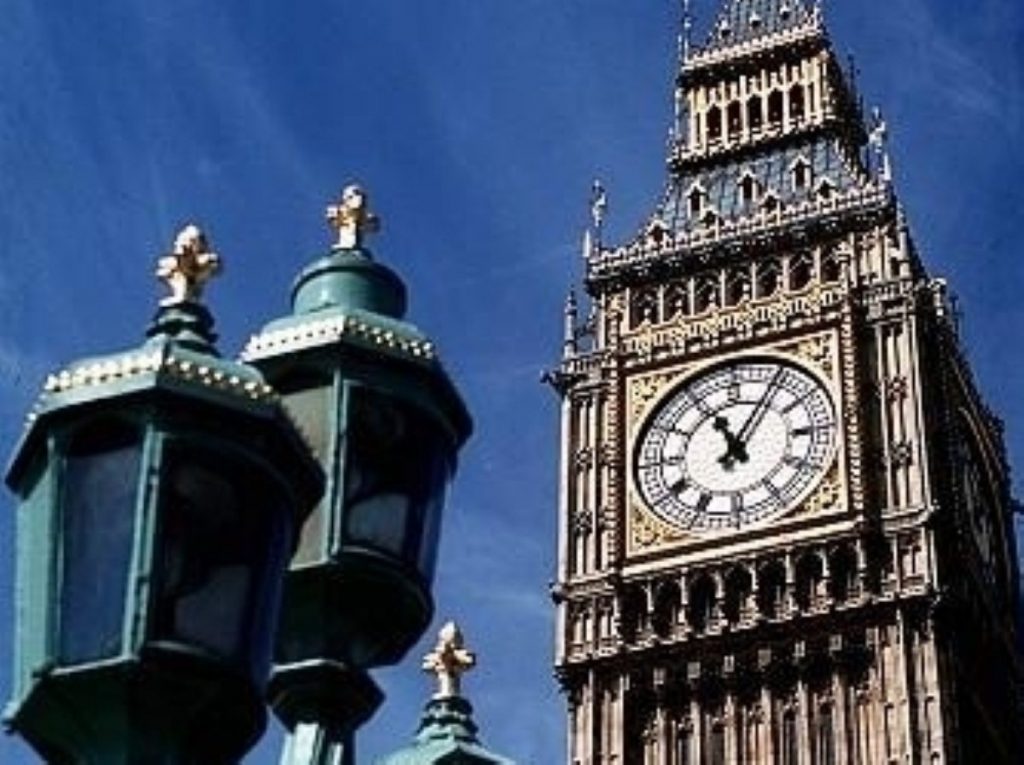In the spotlight: LibCons face scrutiny
By politics.co.uk staff
The coalition government faces a brutal introduction to parliamentary scrutiny today, with four Cabinet secretaries sitting before Commons committees.
The day began with Theresa May, home secretary, facing the home affairs committee.
Keith Vaz, chairman, and David Winnick, a Labour member of the committee, pressed Mr May on reports in the Police Review magazine that up to 60,000 police jobs could be cut as a result of the coalition’s spending cuts programme.


She branded the figures “entirely speculative” but admitted policing would need to take its fair share of cuts during the spending review.
The home secretary also raised the possibility of temporary bans on legal highs.
“Legal highs is the next battle in an ongoing battle<” she said.”>
“One of the problems is the speed with which these drugs are coming through. That’s why we do want to introduce the possibility of a temporary ban.”
A little later, Nick Clegg appeared in front of the political and constitutional reform committee, to answer questions on his programme in government.
Mr Clegg was quick to downplay suspicions on the committee that the referendum on AV was the first step of a process in which he tried boost Lib Dem representation in the Commons.
“I’m not on some Maoist path to a Liberal Democrat revolution,” he said.
“But like any politician you have ideals, you drive them forward, but you have to be pragmatic about what can be achieved at the time. One referendum is more than enough for the time being.”
Mr Clegg refused to rule out timetabling motions, which the government uses to rush legislation through the Commons, when it came to the bill on electoral reform due in parliament shortly.
George Osborne faced the Treasury committee at the same time, where he made the surprise announcement that he would give the committee a veto on the new chairman of the Office for Budget responsibility.
“Obviously it’s entirely up to you if you want to take up that offer,” Mr Osborne said.
“I want there to be no doubt this is an independent body.”
The new Treasury committee chairman, Andrew Tyrie, had attacked the chancellor for forcing the lowest 10% to pay more than those on middle-incomes.
“The purpose of the Budget is to get back control of the public finances,” Mr Osborne said.
Mr Tyrie responded: “You are forcing the poorest decile to take the strain… that doesn’t strike me as fair. That strikes me as unfair.”
Mr Osborne replied that the bottom 10% “wouldn’t necessarily be regarded as the poorest in our society”, pointing out it included those like students who were better-off than appeared on paper.
He refused to give a commitment to publish figures revealing the proportion of the bottom 10% who were students, however.
Also this morning, Andrew Mitchell, international development secretary, appeared in front of the international development committee.
As one of only two departments not facing cuts, he was under pressure to show that the work being done is worthwhile.









